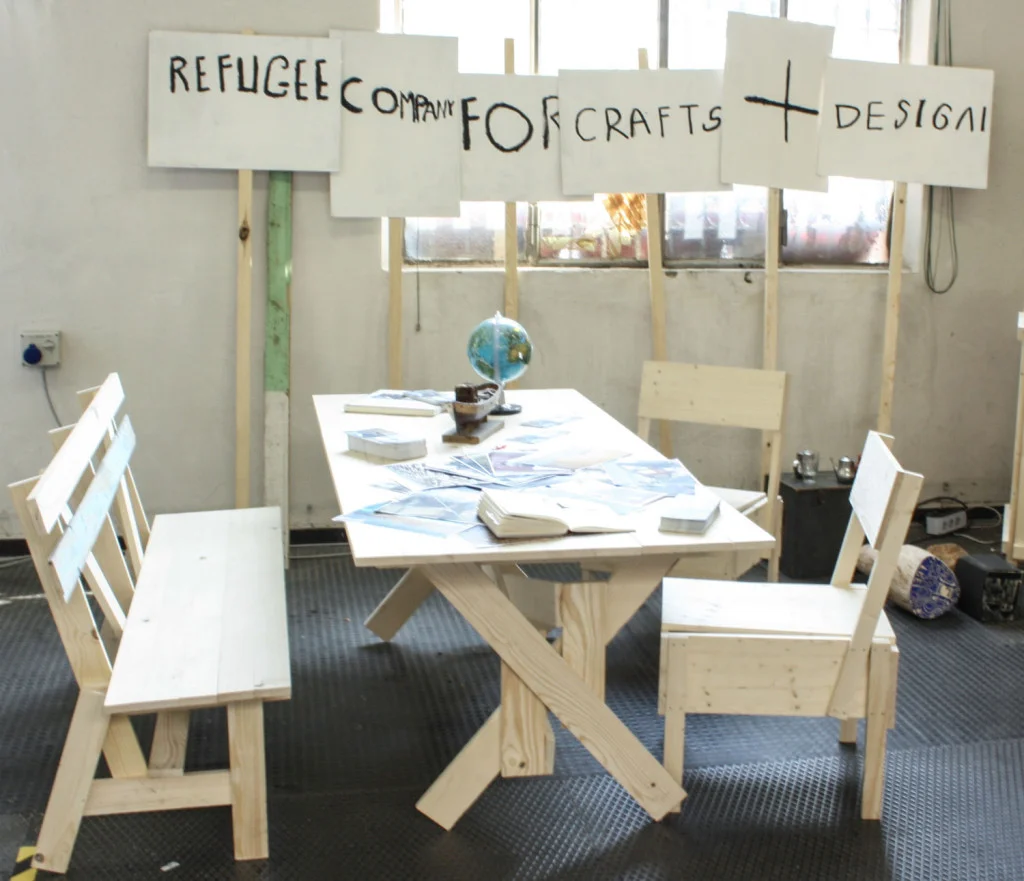001. LETTER FROM THE EDITOR
designing for change
Written by Lora Appleton
As I began to write this letter, I found myself struggling to put together something that was both on topic and heartfelt. My writer's block, upon further reflection, seemed to stem from the climate of our world (and I'm not just referring to the sweltering temperatures brought on by climate change.) I feel overwhelmed and desensitized by the constant stream of violence and horror that bombards us all: the international refugee crisis, terrorism, religious wars, the current political struggle in the United States, and so much more.
How can one think about design work, or any work, with the world seeming to care so little about humankind? It seems almost frivolous in view of the current human struggle. But I choose to see it in a different light: has the capacity to play an important role in addressing even our most severe problems, and designers and design aficionados should feel not just called but empowered to use their talents and their knowledge to support positive change in our unstable world. I do not wish to preach, but to inspire designers, makers, and thinkers to use their design practice and creativity to engender change and social growth for humankind, both today and tomorrow.
On that note, I recently discovered a dedicated Berlin-based organization, CUCULA, that has established a fascinating framework for an action-oriented approach to relief. CUCULA describes itself as an "association, a workshop, and an educational program" created by Sebastian Däschle, the German furniture designer, architect, and stage designer. Däschle’s singular career blends furniture design and deep conceptual projects that move beyond material formation. His work focuses on sociopolitical initiatives through sustainability, and CUCULA is an amazing example of what can happen when one dedicates oneself to change. CUCULA was created to support refugees in Germany in concrete and practical ways, beyond mere political and theoretical debate. TThe organization seeks to engage these people, against whom the doors of society have been locked, by giving them the means to build their own professional future through access to craft education and, in turn, useful employment. This allows them to move beyond the idea of the refugee as victim, while embracing and expanding their own efficacy.
Däschle had the brilliant idea to reach out to iconic Italian designer Enzo Mari, whose design Däschle believes embodies resistance and awareness through creation. Enzo Mari’s theories promote the democratization of design and aim to create a provocative alternative to the capitalist paradigm of mass consumption. His entire oeuvre is based on the literal building of one’s own future. It was in this spirit that Mari granted the CUCULA team the rights to use his designs and build and further develop his furniture. This applies particularly to the nineteen "do-it-yourself" furniture designs that were published in Mari’s milestone book, Autoprogettazione, in 1974. These designs are licensed for use and production by CUCULA trainees, provided the furniture is made by and for the benefit of refugees. You can learn about the trainees' efforts and purchase a limited selection of the furniture at the online CUCULA shop. Each pinewood piece is treated with natural oil and is handmade and signed by its maker. Our favorite is, of course, the children’s chair.
I encourage all our readers to discover where design is promoting change, encouraging growth, and enabling human connection while also addressing life’s complicated practical problems. I hope you use your art, your mind, and your heart to send encouragement, educate others, support important causes, and, always, stand up for your beliefs.








